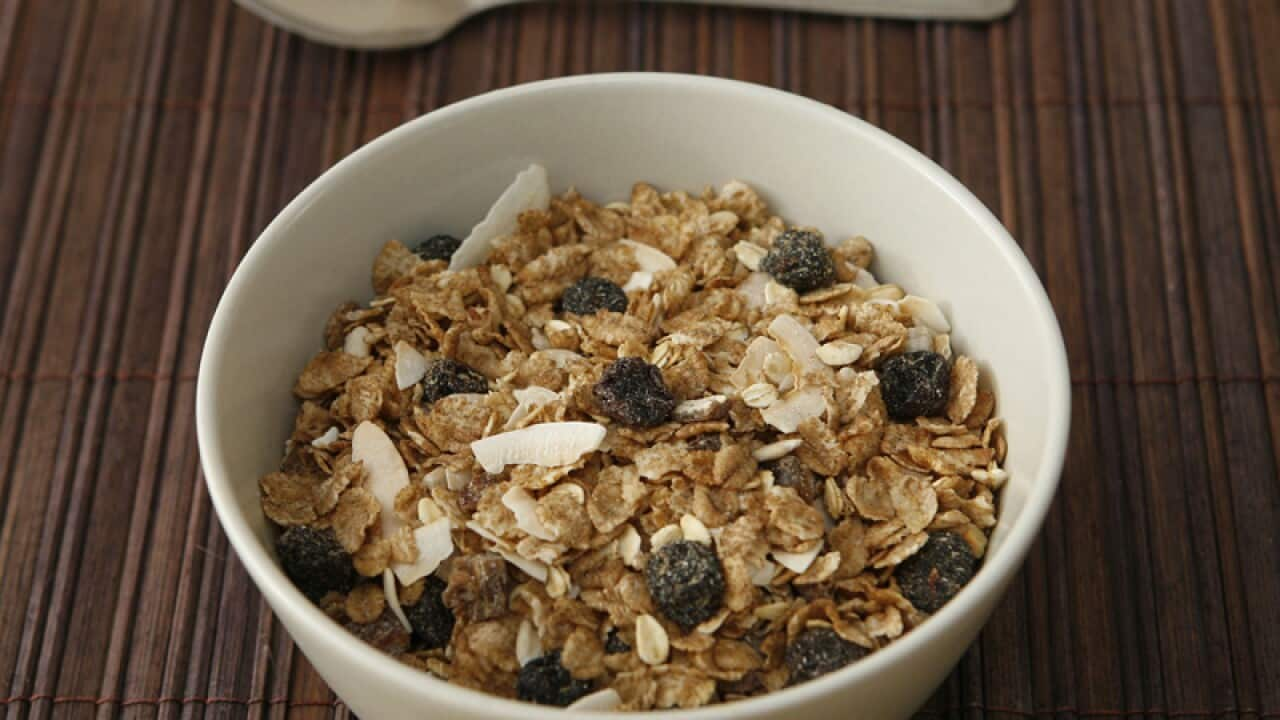Eating breakfast causes obese people to be more active, a new study claims.
Researchers at the University of Bath analysed the links between breakfast and health for individuals classed as obese, comparing the results from a fasting group with a breakfasting group.
Eating breakfast did not make obese individuals lose weight but did result in more physical activity in the morning and reduced food intake later in the day - meaning both groups ate similar amounts overall.
The researchers said increasing activity was one of the most important ways to improve health in an increasingly sedentary population.
The latest results in this obese group build on previous studies at the university into the effects of eating breakfast for a lean population.
Both studies form part of a three-year Bath Breakfast Project, which is funded by the Biotechnology and Biological Sciences Research Council.
Lead researcher Dr James Betts said the study wanted to examine possible links between breakfast, body weight and health.
"If weight loss is the key there is little to suggest that just having breakfast or skipping it will matter.
"However, based on other markers of a healthy lifestyle, like being more active or controlling blood sugar levels, there's evidence that breakfast may help."
In the trial the researchers split individuals aged 21 to 60 into two groups - fasting and breakfasting - and measured many outcomes during a six-week period.
The breakfasting group was asked to eat at least 700kcal by 11am, with the first half of that consumed within at least two hours of waking. The fasting group was allowed only water until noon.
The researchers allowed people to choose what they wanted to eat for breakfast.
They now want to conduct further experiments comparing different breakfast types.
From that they hope to make recommendations as to the kind of food sources and nutrients that might work best for health.
Dr Enhad Chowdhury, the study's lead author, added: "It is important to bear in mind that not everybody responds in the same way to breakfast and that not all breakfasts are equal.
"The effects of a sugary cereal compared to a high-protein breakfast are likely to be quite different.
"As we progress the Bath Breakfast Project we want to narrow down the effects of different types of breakfast upon health."
The study is published in the American Journal of Clinical Nutrition.









